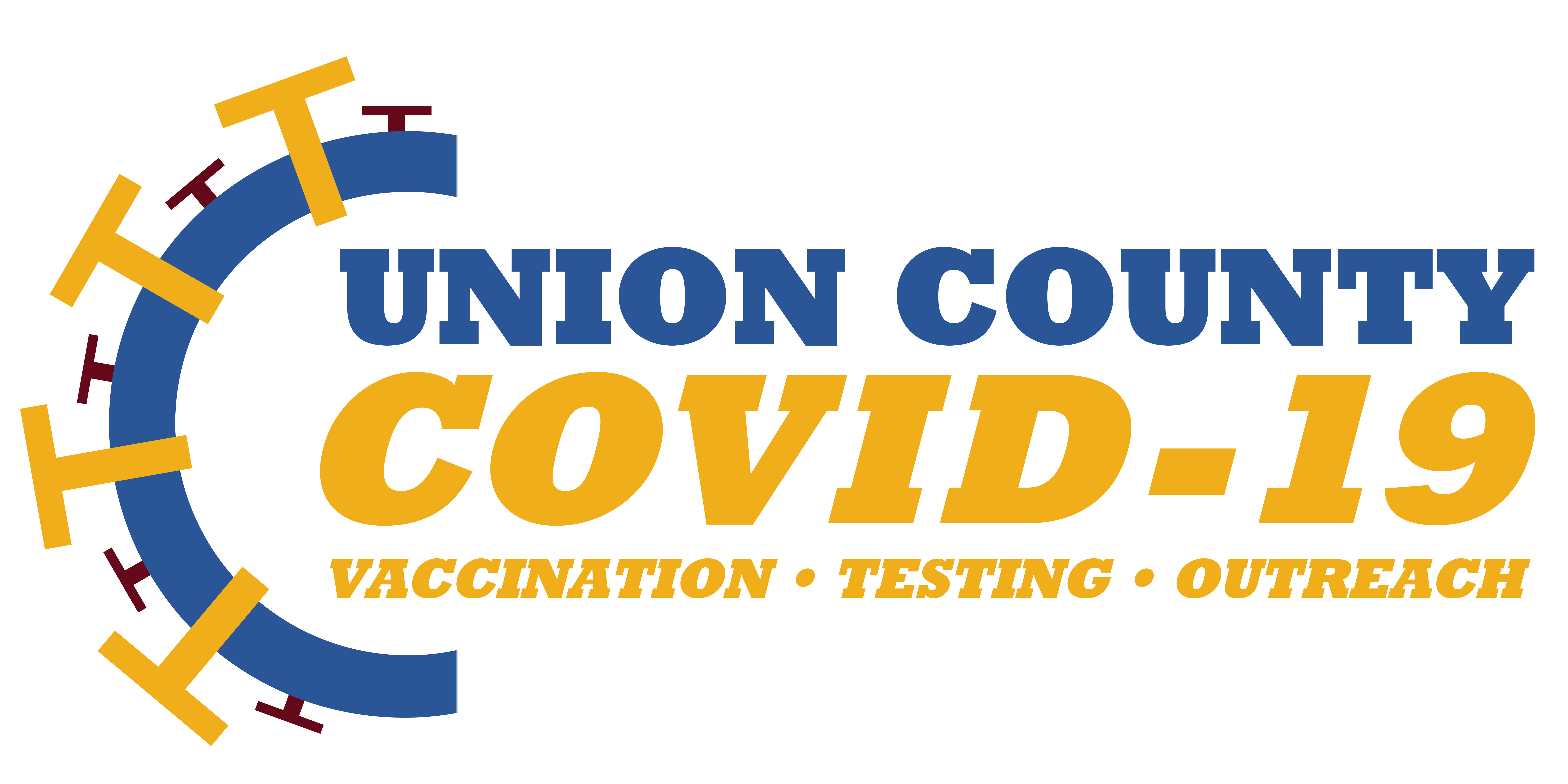I had symptoms and tested negative for COVID-19
If you tested negative for COVID-19 but are currently experiencing symptoms, you should stay home and practice social distancing until 24 hours after your fever has ended without the use of any medication. After this time, you may resume regular activities. It is recommended to wear a mask when in public spaces. This protects you from anyone who may not feel sick but is able to spread the virus to others. Wash hands and clean and disinfect high-touch surfaces often.
I have no symptoms and tested negative for COVID-19 but live with someone who is COVID-19 positive
Even though you tested negative and have no symptoms, living with a person with COVID-19 means that you may be exposed to the virus. For this reason, it is recommended that you monitor yourself for symptoms. The person who lives with you should self-isolate for 10 days from the time symptoms began AND 24 hours being fever-free without taking medication. You are recommended to self-quarantine for 14 days AFTER their isolation ends. This is because it may take 2 – 14 days for symptoms to develop.
I have no symptoms and tested negative for COVID-19 but was told I am a close contact of a person who is COVID-19 positive. Now what?
If you were identified as being a close contact of a COVID-19 person, it is recommended that you self-quarantine for 14 days from the last date of exposure with the person, even if you tested negative. This is because it may take 2-14 days for symptoms to develop. While you are self-quarantining, monitor yourself for symptoms. Close contacts are individuals who were within 6 feet of a lab confirmed COVID-19 case for a prolonged period (about 10 minutes or more) or had direct contact with the infectious secretions of a COVID-19 case (e.g., were coughed on). Walking past a lab confirmed COVID-19 case or just being in the same building does NOT qualify as being a close contact.
What if I tested negative but still feel sick?
If you test negative for COVID-19 but still have symptoms, it is likely you may have another respiratory virus. You should continue to self-isolate yourself from others, practice good hand hygiene and clean and disinfect surfaces in the home. If your symptoms worsen or don’t get better after several days, you should call your health care provider. You should not return to work/school or go to public places until 24 hours (1 full day) after your fever has ended without the use of fever-reducing medications and other symptoms have improved.
What other actions should I take to protect my health?
As long as the virus that causes COVID-19 is spreading in your community, continue to practice social distancing, wash hands often and avoid touching your face, and clean and disinfect high-touch surfaces daily in household common areas (e.g. tables, hard- backed chairs, doorknobs, light switches, remotes, handles, desks, toilets, sinks, phones). Wear a face covering when in public places. This protects you from anyone who may not be sick (but may be asymptomatic) and able to spread the virus to others.
